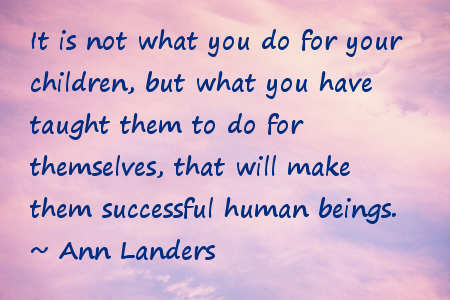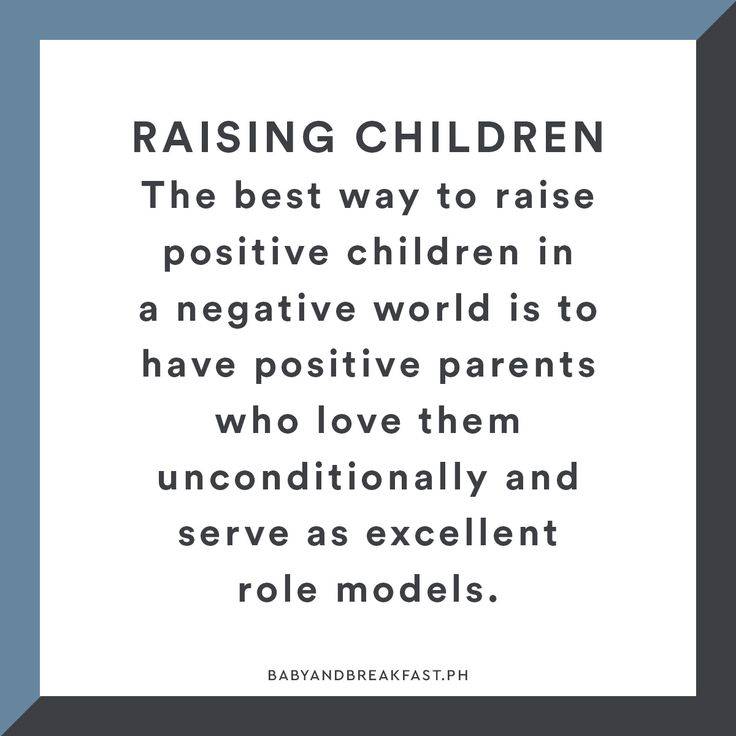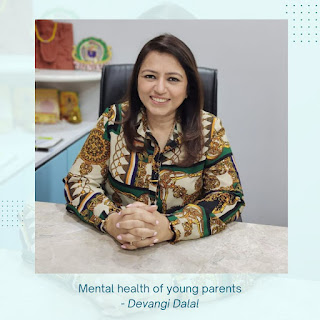|| Mental
health of young parents ||
I have heard that the young
always inherit revolutions. After the COVID-19 pandemic and the ongoing
scientific revolution, along with the fast pace of the world, the younger
generation has taken many unimaginable and miraculous steps. For instance, many
young scientists were involved in the project to land on the moon, such as
Chandrayan 3. Numerous young CEOs have also shown remarkable results in
achieving success. Young people have witnessed the world becoming closer
through communication systems like computers, phones, and social media. With
the recent education system, they also know how to use these media to establish
or flourish in their own businesses. Life on Earth has become expensive, and to
survive comfortably, we need to earn money. However, don't you think that these
desires are sometimes created by individuals under peer pressure, comparison,
show-off, and other negative thought processes? So, even though you may be
financially efficient, you might not be emotionally able to balance life,
leading to mental health issues.
Today's young parents are
surrounded by many responsibilities, including education, jobs, family, social
status, and the additional and often addictive responsibility of social media.
I personally have the habit of glancing at social media once a day, but I don't
focus on what others do – where they travel, what car they drive, what house
they own, or which brand of clothing they wear. Instead, I pay attention to how
they behave, what kind of humility they possess, and how dedicated they are to
what they do. I have come to realize, after observing people for several years,
that more than 50% of them don't genuinely enjoy what they do; they only do it
because others are doing it. I have seen many parents, for example, dancing
with their kids on social media, but it seems they do it not because they
genuinely believe it's good for their child, but because others are doing it.
They often fail to realize that such actions don't help them develop a real
connection with their child, which is built by understanding them on a deeper
level.

Recently, we met a couple where
the mother had come from a rural area to Mumbai to develop her skills in
acting, and the husband was also in the film direction or a similar profession.
While the mother's acting career was just about to take off, this couple
decided to get married, and in a short time, they had a baby. It's a beautiful
feeling to become parents and bring a new life into this world. However, in
this case, both parents seemed to be deeply engrossed in their individual
pursuits. The mother was driven by her passion for acting, and the father was
occupied with his professional work. As a result, neither of them showed a
strong interest in raising their child. The child experienced a delay in
speaking and needed extra attention. On the advice of others, they did bring
the child to show us once, but during their visit, they had a heated quarrel in
front of us. This situation left us feeling confused about how to treat the
child when both parents' mental health appeared to be unstable. It raised
concerns about their ability to provide a stable and nurturing environment for
their baby.
On the other hand, we encounter
many parents who enjoy being parents but tend to pamper their children
excessively. They take on all the responsibilities of feeding, dressing, and
caring for their kids. In some cases, grandparents are not supposed to
interfere, or they take on the majority of caregiving duties because both
parents are working. Since they often feel guilty about not spending enough
time with their children, they try to compensate by giving in to all their
demands. They don't even inform the child when they have to leave, fearing the
child will cry, and they keep them constantly surrounded by their peers. Some
children are forced into tuitions, whether they like it or not, and parents may
even complete their kids' school projects to ensure they match up to the
standards set by other parents. After years of indulgence, these parents may
suddenly expect their children to become independent, excel academically,
secure spots in the best universities, and meet other high expectations.

Earlier, our ancestors used to
have more than five kids. They allowed them to grow on their own, and there was
discipline in the house. Rituals and ethics were very important for living a
good life. Money was not a priority like it is today. Relationships and
kindness were the priority. Even though there were kids of kings like Lord Rama
and Lord Krishna, who had every luxury of their time, the importance was given
to maintaining and sacrificing for relationships. Humbleness and kindness were
the real-life lessons. Whether you dressed like a king, wore beautiful clothes
or ornaments, or went to the best guru school, there was no comparison; helping
each other and being humble were the values. In comparison to that, just think
about what we do as young parents. Do you really have that balance and strong
mental health to manage all the things that our ancestors used to do more
efficiently?

I have two daughters. Though
everyone said this curriculum is good or that, we decided to tailor their
education according to their individual potential. I used to attend all their
extracurricular activities based on their interests. I never forced them to use
other people's books or guides; I allowed them to think in their own unique
way. As a language and speech therapist, I knew that having a strong foundation
in language is crucial, as everything else falls into place from there. I
focused on that aspect more. I also taught them the importance of discipline,
respect for others, and kindness. In difficult times, whether it was related to
their learning, eating habits, dealing with friends, or emotional issues, we
were there to support them. We encouraged them to face their challenges and
learn to overcome them. Despite both of us working, we made sure to be there
for them whenever they needed us.

I feel today's young parents
first need to balance their own emotions and address their own mental health
issues. When they feel comfortable and understand each other, only then should
they consider becoming parents. Being a parent is one of the best moments in
life, and one must cherish them. If you can be a good role model and confident,
your child will also grow with that confidence. In today's world, insecurity is
a major mental health issue that today's young parents are facing, and it's
being passed on to their kids as well, creating a vicious cycle. I have seen
that when parents work together with their child, sharing the responsibility
50-50 percent, that's when you will see great results in a child's achievement,
especially parents with special needs children. Some educated parents are not
ready to believe or accept that they have a special needs child, leading to a
lot of mental health issues that they struggle to overcome. However, some
accept the situation and do their best to nurture their child, even though they
face numerous challenges.

My dear young parents, to be a
parent is the greatest title in life. Your kids need your presence more than
the best presents. Give quality time rather than quantity. Enjoy your
parenthood. Let your child grow in the best circumstances, but also make them aware
of all the circumstances. Teach them about their existence on Earth. Be a good
role model for your child. You don't need to be a king, a financial business
tycoon, or a big celebrity for your child; just be there as a parent for your
child. Let them learn how to observe the world around them. Give them love, but
also let them grow through learning and thinking. Teach them about
relationships, emotions, and feelings, rather than just focusing on earning
money. If you are mentally stable, then only with good mental health will you
be able to handle your child, and that will reflect well in your child. I have
enjoyed, am enjoying, and will continue to enjoy my parenthood with a positive
attitude. What about you?











Comments
Post a Comment